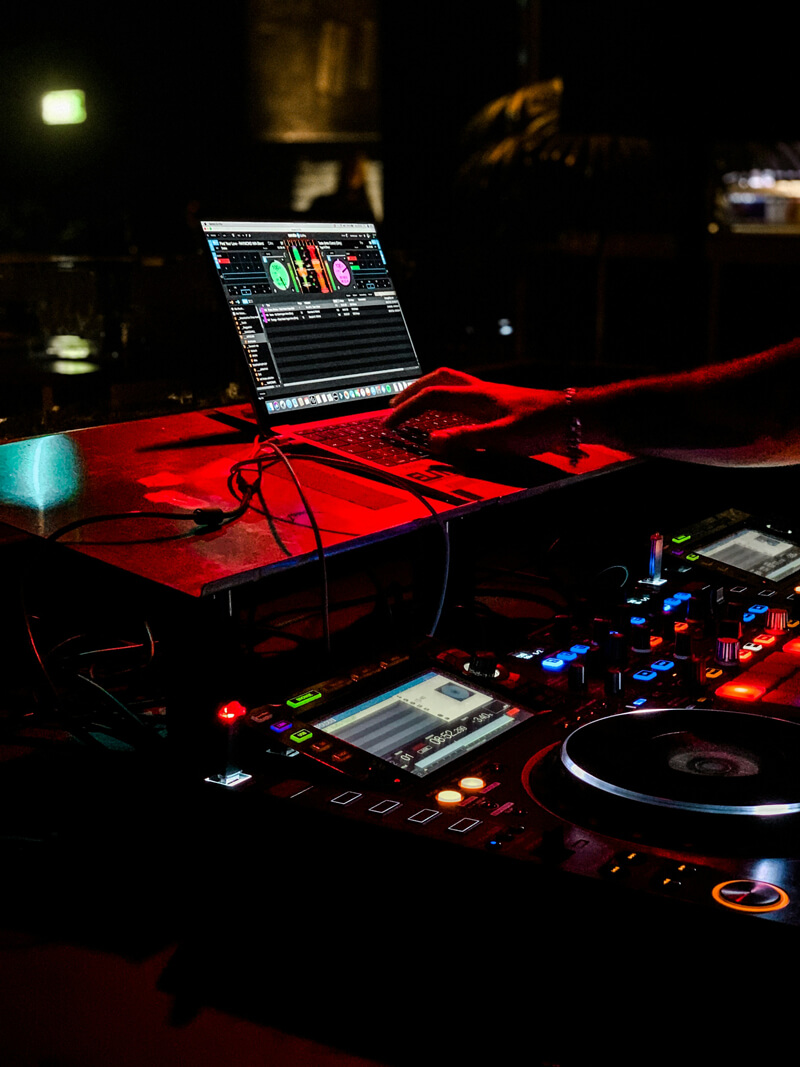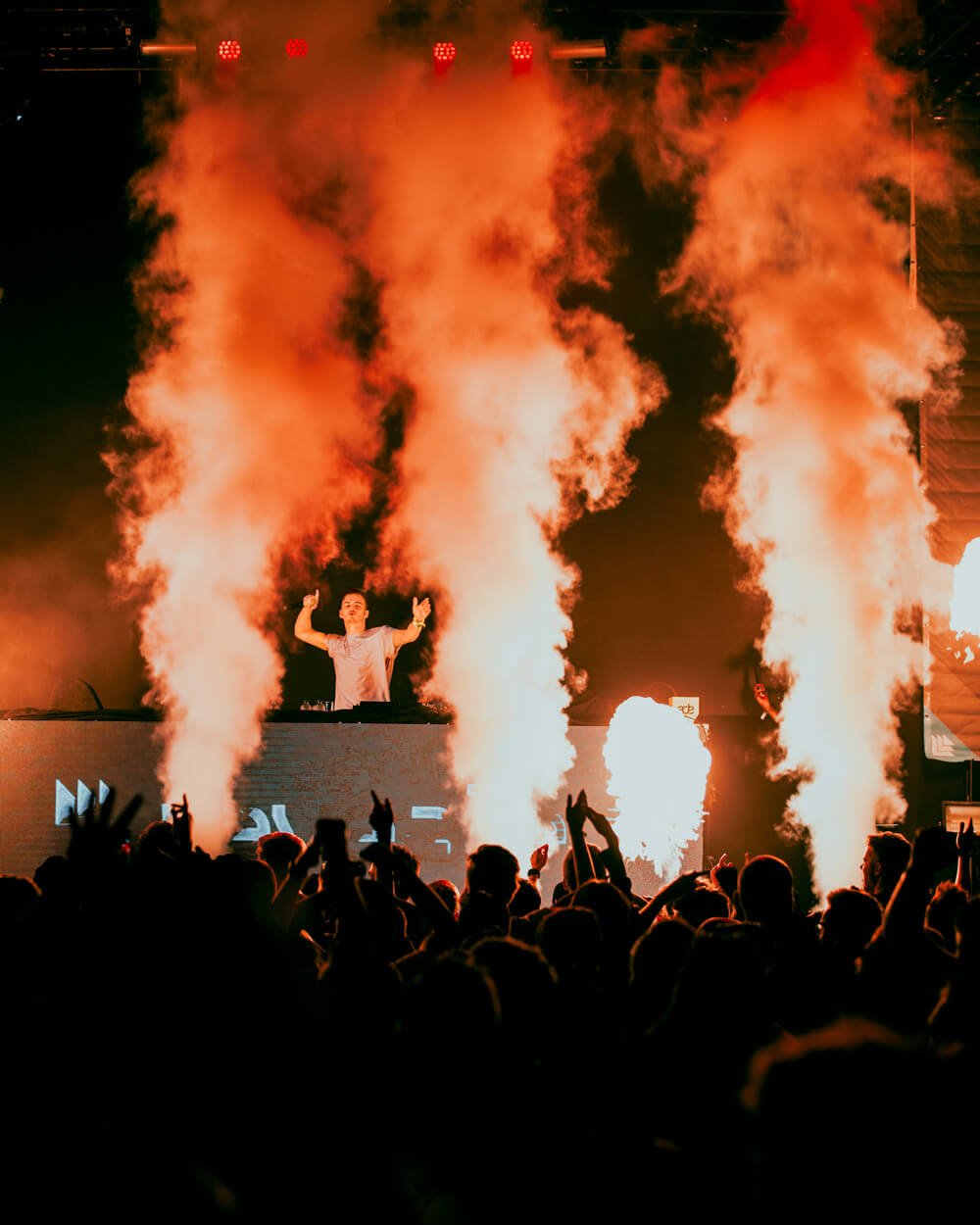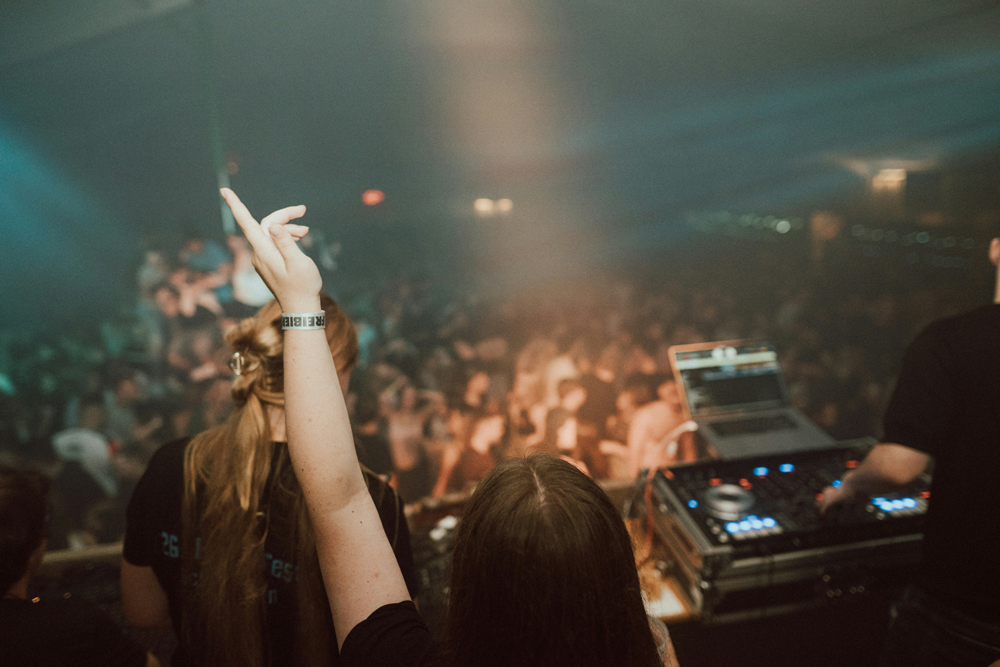
A Guide to Sound Clash Terminology: Know the Lingo
Sound clashes are electrifying events where the art of musical competition takes center stage. Steeped in rich cultural heritage, sound clashes are as much about musical prowess as they are about the energy and engagement of the audience. For newcomers, navigating this vibrant scene can be overwhelming without a grasp of the essential terminology. Here’s your guide to the key terms that will help you understand and appreciate the thrilling world of sound clashes.
DUBPLATE
A dubplate is a unique, one-off recording made exclusively for a sound system. These tracks are often personalized with the sound system’s name and may contain exclusive lyrics or versions that can’t be found anywhere else. Dubplates are the crown jewels of a sound system’s arsenal, showcasing their connections with artists and their ability to present unique content.
Selector
The selector is the DJ who chooses and plays the tracks during a sound clash. The role of the selector is pivotal—they craft the setlist, ensuring a seamless flow of music that keeps the audience engaged and the energy high. A skilled selector knows how to read the crowd and respond with the perfect track to maintain the momentum.
MC (Microphone Controller)
The MC, or Microphone Controller, is the person who hypes up the crowd and engages in verbal battles with opponents. The MC’s job is to maintain the event’s energy, interact with the audience, and add a layer of showmanship to the performance. Their charisma and ability to control the mic can make or break a sound system’s performance.
“By familiarizing yourself with these terms, you’ll be better equipped to understand and enjoy sound clashes. ”
Sound System
A sound system is more than just speakers and turntables—it’s a collective term for the entire setup and crew involved in a sound clash. This includes the equipment (speakers, amplifiers, turntables) and the team (selectors, MCs, engineers) that operates them. The sound system is the backbone of any clash, and its quality can significantly impact the performance.
Special
Specials are customized tracks recorded by artists specifically for a sound system. While similar to dubplates, specials often contain more personalized content, including shout-outs or unique lyrics tailored to the sound system. These highly prized tracks can give a sound system an edge in a clash.
Clash
A clash is the competition itself, where two or more sound systems go head-to-head. Clashes typically involve multiple rounds, with each sound system striving to outdo the others through their music selection, dubplates, specials, and overall performance. The goal is to win over the audience and judges with superior musical and performance skills.
Rounds
Sound clashes are organized into rounds, where each sound system gets a set amount of time to play their tracks. The rounds are designed to showcase each sound system’s strengths and strategy. As the clash progresses, the intensity ramps up, leading to a final round where the best performances are delivered. The audience and judges evaluate the sound systems based on their performance in each round.
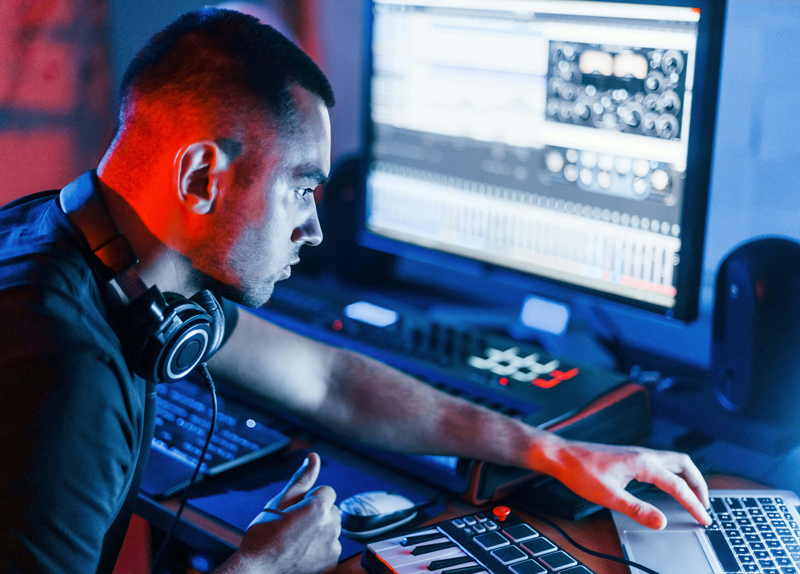
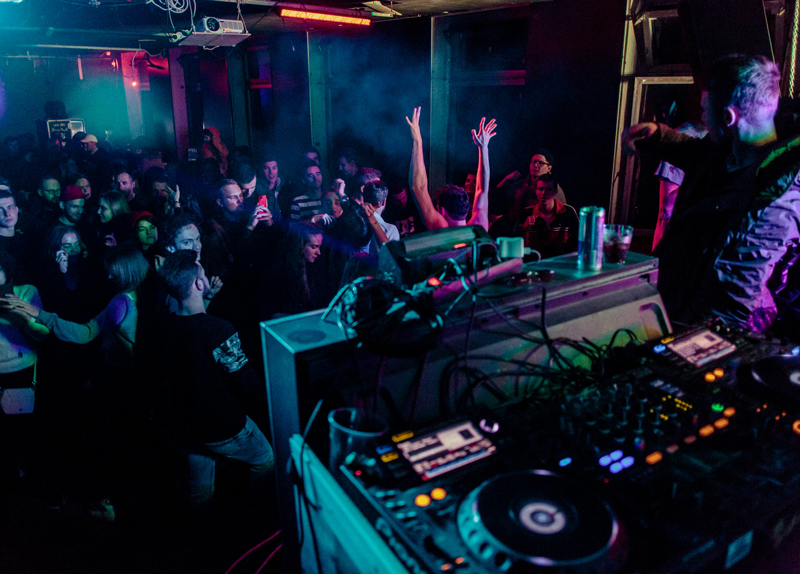
Custom Dubplate
A custom dubplate that calls out your opponent is a powerful tool in a sound clash. This type of dubplate not only features exclusive content but also includes direct references to the opposing sound system, often in a humorous or challenging manner. These tracks are crafted to undermine the competition and energize the crowd, adding an extra layer of strategy and entertainment to the clash.
Chune
“Chune” is another term for a song or track. In the context of a sound clash, a chune refers to the specific track being played by a sound system. The right chune at the right moment can electrify the crowd and tip the balance in a clash.
Forward
A forward is a positive reaction from the crowd, often leading to a track being replayed. When a sound system gets a forward, it means the audience is showing their approval and excitement for the track. Forwards are a crucial measure of a sound system’s success during a clash.
Pullup
When a track is so well-received that it is played again from the beginning, it’s called a pullup. Pullups are common in sound clashes and indicate that the crowd loves the track. They are a sign of high praise and can boost the morale of the sound system.
Dub Fi Dub
Dub Fi Dub is a segment in a sound clash where sound systems play exclusive dubplates back-to-back. This part of the clash is often the most intense and showcases the best and most unique tracks each sound system has to offer. It’s a test of musical exclusivity and the strength of each sound system’s connections.
Lock-Off
A lock-off occurs when a sound system performs so well that the crowd no longer wants to hear the competitors or when a sound system wins all the rounds, making it unnecessary to go to Dub Fi Dub to decide the winner. Achieving a lock-off is a clear indication of dominance in the clash and is a highly respected outcome.
By familiarizing yourself with these terms, you’ll be better equipped to understand and enjoy sound clashes. Knowing the lingo will enhance your appreciation of the culture, make you feel more connected to the event, and allow you to engage with the exhilarating world of sound clashes fully. Dive in and enjoy the vibes!
Subscribe to newsletter
You may also like
The Evolution of Sound Clash Rules: Tradition, Innovation, and Controversy
Sound clashes, a cornerstone of dancehall culture, are competitive events where sound systems battle
The Phenomenon of Sound Clash Lock-offs: A Deep Dive into Dominance
Following the recent lock-off victory by King Animosity over Innocent Sound, the sound clash scene h
The Clash Community: The Role of Fans and Supporters in Sound Clash Culture
Soundclash culture, a vibrant and intense musical phenomenon, has been a cornerstone of Caribbean co

